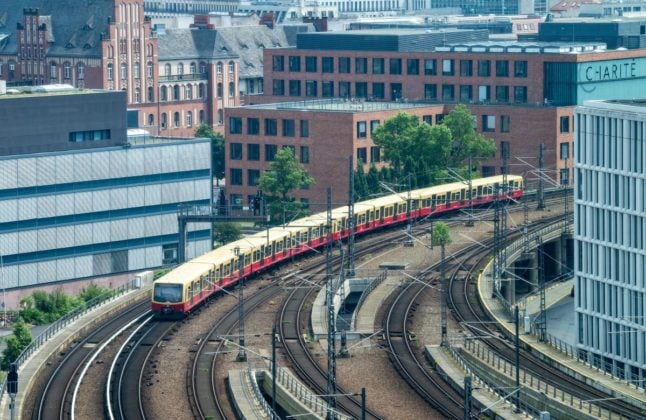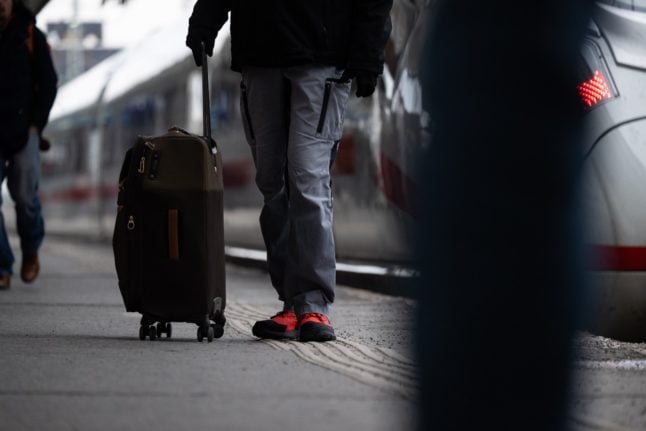A section of Berlin’s S-Bahn – the city’s busiest central train line – closed on Wednesday for construction works expected to last two weeks.
This initial closure is scheduled to last until July 29th, with no above-ground S-Bahn trains running between Alexanderplatz and Tiergarten during this time.
A handful of the capital’s main lines are affected: S3, S5, S7, S75, S9.
The same routes will remain closed between Friedrichstraße and Tiergarten until August 7th.
Then between August 7th and September 4th, the section between Friedrichstraße and Zoologischer Garten will remain partially closed, with just one train passing through this section of track every 20 minutes.
The closure will have significant impacts on daily commuters and visiting tourists alike, as the repairs are set to last through Germany’s summer vacation period.
Replacement services
A rail replacement bus service will be running – first from Alexanderplatz and Zoologischer Garten, and then from Friedrichstraße and Zoologischer Garten – during the closures.
But you can also try switching to a regional train on the same section.
The regional lines are not affected by the construction work. Options include: RE1, RE2, RE7, RE8 and RB 23.
Keep in mind that regional trains don’t stop at every station that S-bahn trains stop at. On the affected section, regional trains only stop at the larger stations of Alexanderplatz, Friedrichstraße, Hauptbahnhof and Zoologischer Garten.
READ ALSO: How travelling on German trains has become a nightmare for foreigners
Between Alexanderplatz and Hauptbahnhof, passengers can also take the underground U5 line. Or between Alexanderplatz and Zoologischer Garten, you can take the U2.
For those crossing the city centre completely – from Ostkreuz and Westkreuz – you’d be best served sticking to the Ringbahn lines S41 and S42.
What’s happening on the tracks?
Being one of the busiest railway lines in the capital, Berlin’s S-Bahn requires renovation work regularly, much of which is carried out during school holidays.
Long-distance and regional trains were paused on the same section of track this past spring. Now Deutsche Bahn needs to repair parts of the S-Bahn line.
DB is renewing fastening points on the line, and replacing some sound absorbers and joint transitions on the bridges near the main station.



 Please whitelist us to continue reading.
Please whitelist us to continue reading.
Member comments